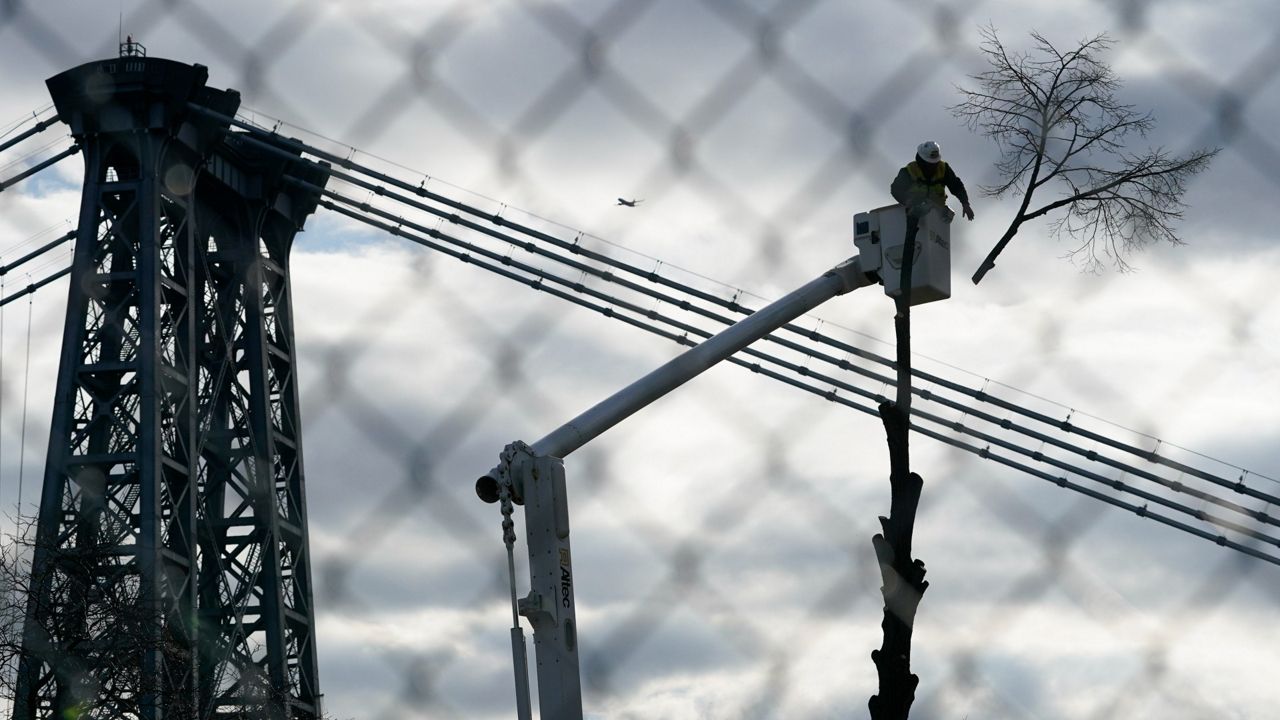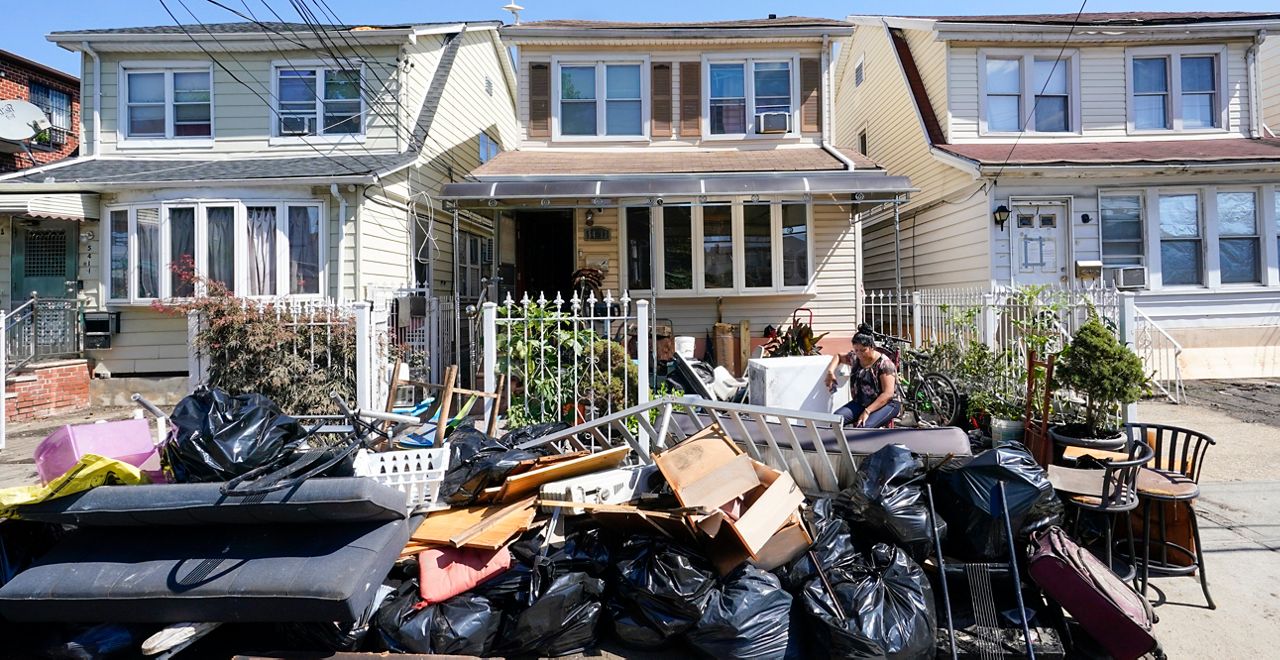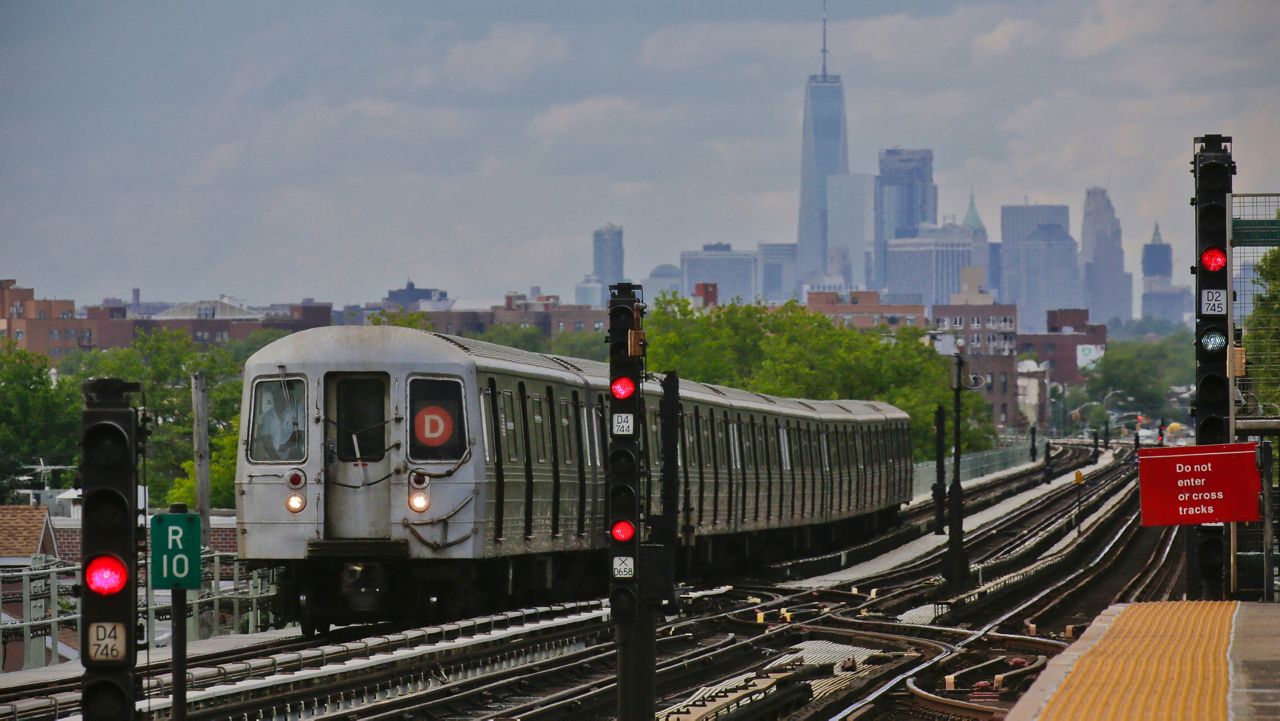New York’s appeals court handed New York City a victory Thursday in a drawn-out legal battle over the plan to demolish East River Park and rebuild it on eight feet of fill as a flood barrier for Manhattan’s Lower East Side, ending an activist group’s attempt to stop the project.
In a terse, 20-word ruling, the court rejected allegations that the city side-stepped state law by not seeking a vote approving the plan in the state legislature. Judges in earlier phases of the suit had already ruled in the city’s favor twice.
The court also rejected the activists' motion to hold the city in contempt of court, after the city continued to cut down trees in the park following a judge’s order in the case, issued last week that appeared to require the city to pause construction.
The activists had hoped that the judge’s order would stall the tree felling for months, since the appeals court typically takes as long to issue final decisions. Yet the Thursday ruling came just hours after the city’s noon deadline to file its response to the activists’ latest motion.
The decision ends a legal battle begun in February that had, alongside a separate lawsuit over the construction plan, helped delay the start of work on the plan from the spring until earlier this month.
East River Park Action argued that the city should have sought a vote approving the project in the state legislature because of a law that requires such votes in cases where a municipality wants to convert a park for something other than park use. The activists argued that remaking the park as a flood barrier amounted to a dual use of the park that required the legislature’s sign-off. The city held that they had no such obligation.
The legal back-and-forth had buoyed the activists’ hopes that the park would ultimately be spared, and that the city would be forced to revert to an earlier vision of the park that placed a berm along the park’s western edge, by the FDR Drive.
The city had initially supported that plan, but then abruptly unveiled the raze-and-raise design, dividing the local community over the future of the park. The city has said that lifting the park up is necessary to protect the park’s grounds and ecosystem from saltwater washing up during storms over decades. The plan requires cutting down nearly 1,000 mature trees in the park.
Tenant leaders in nearby public housing developments who were critical of the city’s about-face have since said they support the plan, and have decried efforts to stop the plan in court.
“The City’s legal case was rock solid – as solid as the plan we were defending to make this park and community more resilient to the climate threats we face,” said Georgia Pestana, corporation counsel for the city, in an emailed statement. “This is a huge win for the City of New York but especially for the many, many New Yorkers who live near and visit the park.”
The city still faces one lawsuit related to the park: A nonprofit sued over the low proportion of minority- and women-owned subcontractors included in the winning contract. A third suit, brought by a firm that bid for the project and that alleged the city ignored had its own guidelines in awarding the contract to a consortium of builders, was recently dismissed.
For now, construction is continuing on the project, which was first conceived in the wake of Hurricane Sandy in 2013. The East River Park reconstruction is part of the city’s larger, $1.45 billion signature resiliency effort, a flood barrier project that stretches up to Asser Levy Park.
Arthur Schwartz, a lawyer for East River Park Action, called the process around the park reconstruction “shameful.”
“The park will never again be the beautiful, historic place it currently is. This will be one more blight on Bill de Blasio’s legacy in this city,” Schwartz said in a statement. “I hope he is happy with his ‘win’ which the community never bought into.”








